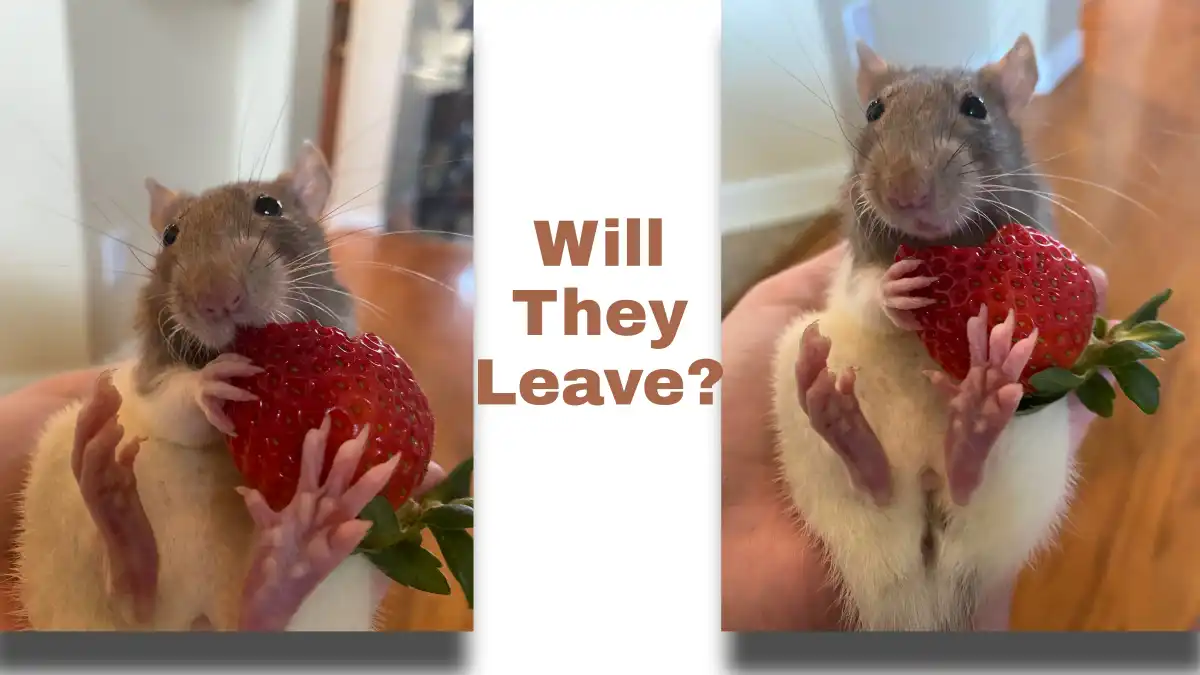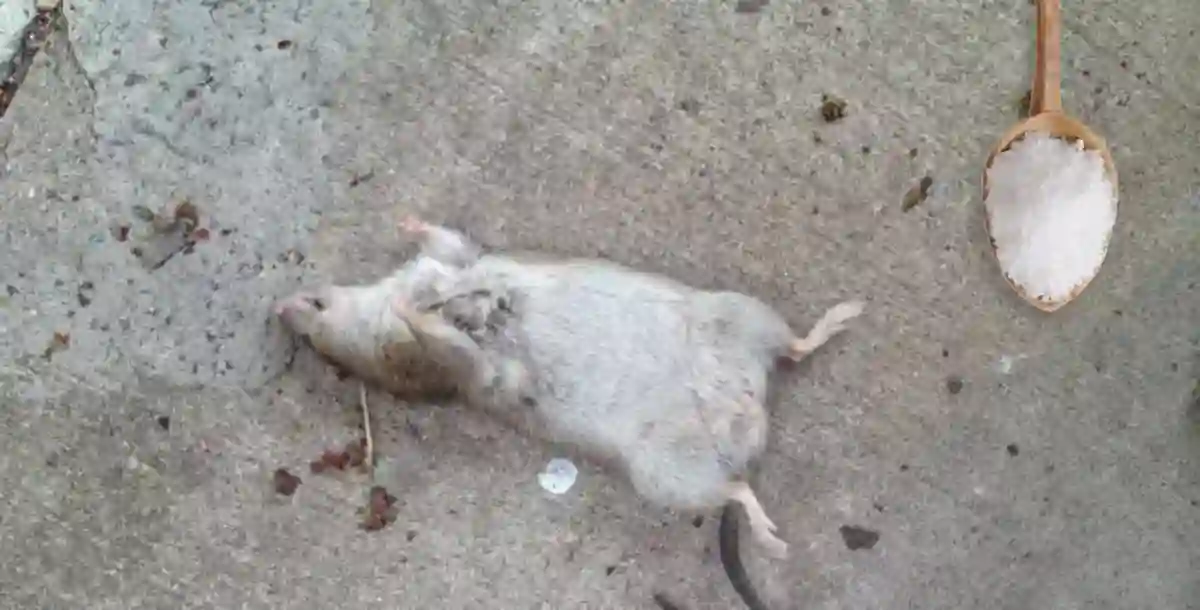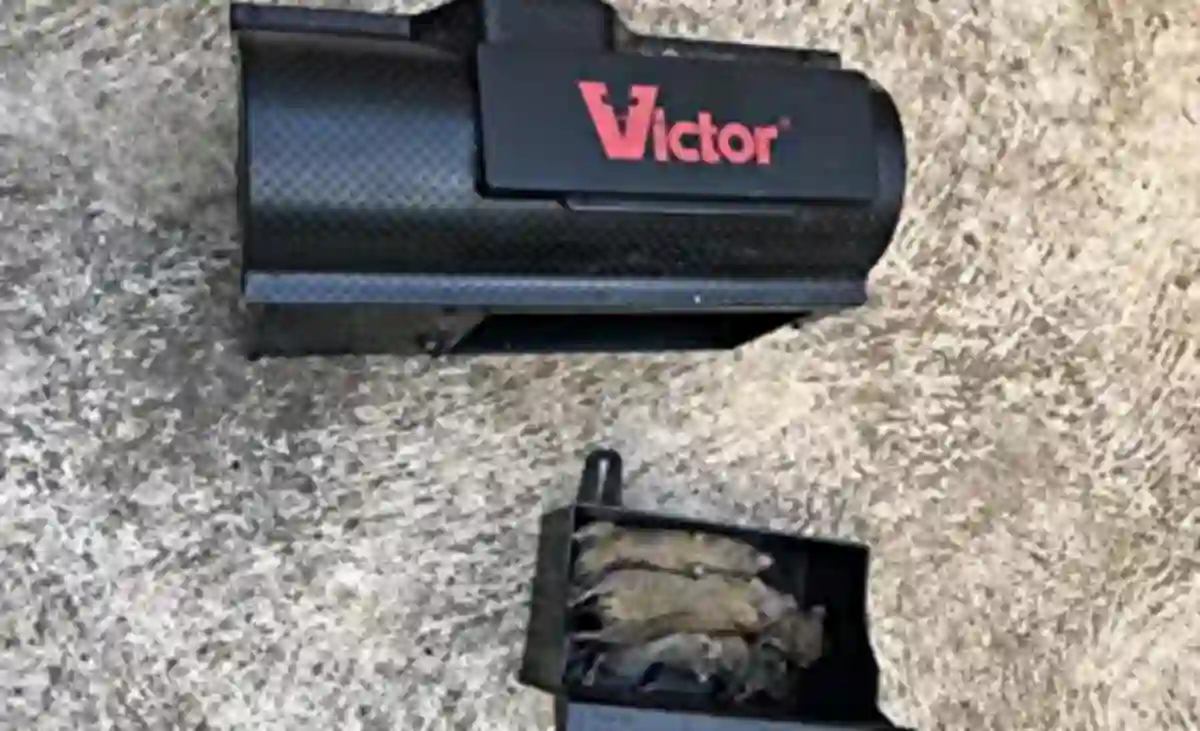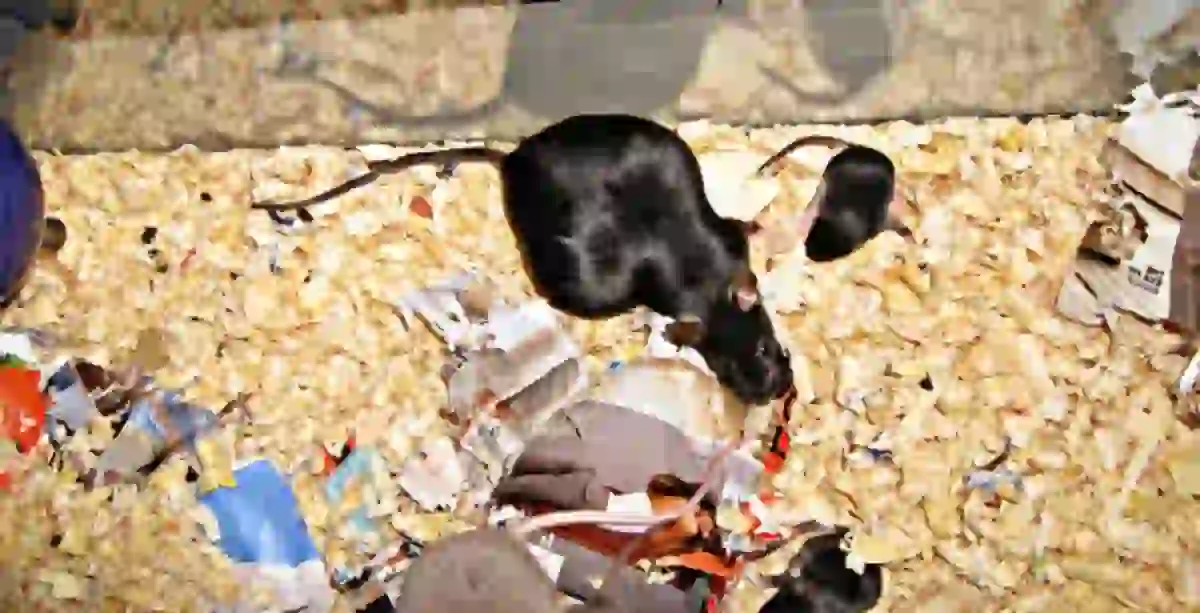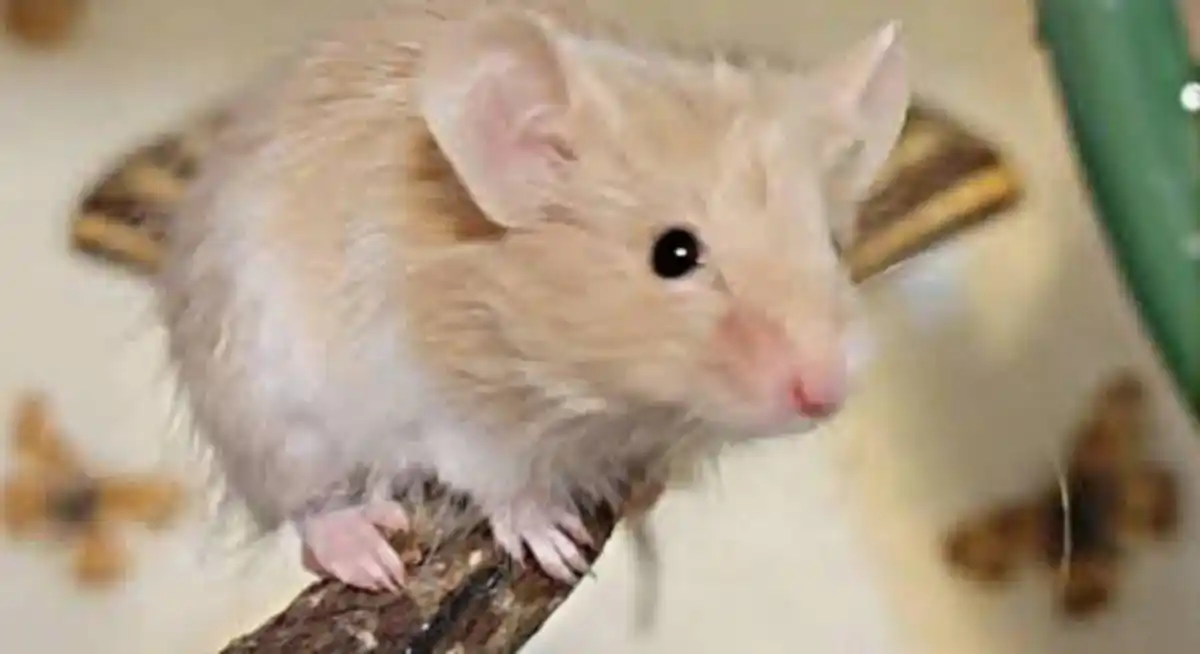Where do mice die after eating poison? Many people are concerned about where mice will die after being poisoned. They fear that the dead rodents might cause an unpleasant smell inside their homes. Most rodent poisons work as anti-coagulants. There’s a common belief that these poisons make rodents thirsty, leading them to go outside in search of water to die. While there’s a slight chance that they might die outside, it’s more common for them to return to their nests to die. These nests are often inside, hidden away in places where they’re unlikely to be discovered.
Where Do Mice Die After Eating Poison?

When mice eat poison, where they die depends on the type of poison ingested. Some poisons cause internal bleeding, leading mice to seek water and potentially die near water sources. Others disrupt the mouse’s nervous system or cause organ failure, which may result in the mouse dying in a hidden, secluded spot, like within walls or in rarely disturbed areas like attics or basements.
It’s common for poisoned mice to retreat to their nests or other quiet, dark places to die. The location is often determined by the mouse’s physical state and the environment.
For instance, if a mouse feels threatened or unwell, it will typically seek out a safe, hidden area. This behavior is instinctive, as it protects them from predators when they are vulnerable.
Best Mouse Poison That Kills Without Smell
1. Victor M922 Refillable Mouse Station

The Victor M922 Fast-Kill Mouse Station is a mouse poison that kills without smell. It comes as a pre-filled, refillable bait station, including 9 bait refills and a pair of gloves, making it ready to use right out of the box. Its dual-entry design seems to attract rodents effectively.
The bait station is made of child-resistant plastic and has specially designed columns that prevent pets and children from accessing the bait. This was particularly useful for me since I have a dog and a guinea pig at home. Since using this product, I’ve noticed a dramatic decrease in mouse activity, seeing only one mouse in about a month.
However, there are some downsides. After setting up the stations, I noticed a decaying odor the next day. The smell isn’t overwhelming and dissipates within 24 hours. It’s a relief that the smell doesn’t linger too long, but be prepared for a faint odor of dead mice initially.
Once the bait is depleted, you can simply dispose of the entire station, which is quite handy.
2. Harris Store Dry-Up Mouse and Rat Killer

Firstly, handling the product can be tricky. It requires direct contact with the poison, so you need rubber gloves, which should be disposed of after use. The product tends to crumble when broken apart and leaves toxic fragments within reach of pets and children. This is why you should keep it away from their reach. This issue is compounded by the fact that the poison is not pre-divided, making it challenging to break apart without scattering crumbs.
On the positive side, the poison comes in individual packages contained within a resealable bucket. You will notice effective results with no strange noises in areas like attics after a few days of use, and importantly, no smell of dead mice.
The bait’s flavor seems to be irresistible to mice, and unlike some other poisons, rodents continue to consume it over time.
3. EcoClear Products 620200-6D MouseX All-Natural Poison Free Humane for Rats and Mice, 8 oz. Bag

First of all, this is the best mouse poison that kills without smell. It may not 100% eliminate mice but it does prevent smell.
I recently tried the EcoClear Products 620200-6D MouseX, an all-natural, poison-free solution for dealing with rats and mice, and I have quite a bit to share about my experience. Initially, I was dealing with a serious mouse issue in my home. After using this product, I noticed a significant decrease in the mouse population within a week, and the best part was that there was no unpleasant odor associated with its use. This was a huge relief, as I was concerned about any potential smells.
However, at first, the mice didn’t seem interested in the pellets. To make them more appealing, I coated the pellets with a bit of PAM spray and then rolled them in powdered peanut butter. This extra step made the pellets irresistible to the mice. I placed these peanut butter-coated pellets in my bait stations, and soon enough, they started to work.
The product did take slightly longer to show results than what was indicated on the package. But after 8 days, I noticed a complete absence of mice and their droppings, which was a huge relief. It’s worth noting that this product was particularly effective against the smart, quick mice in my home that had previously evaded traps baited with peanut butter.
How Do You Find a Dead Mouse After Poisoning?
When you have used poison to deal with a mouse problem, finding the dead mouse can be a bit tricky. But here are some steps to help you locate it:
Sniff Test
Start by using your nose. Dead mice have a very distinct, unpleasant smell. Follow your nose to the area where the smell is strongest.
Recall Mouse Activity
Think about where you’ve seen or heard mouse activity in the past. Mice often don’t travel far from their nest or food sources.
Check Hidden Areas
Look in hidden, dark places. Mice prefer to stay out of sight, so check behind appliances, in closets, and other secluded areas.
Listen for Flies
If the mouse has been dead for a while, you might hear flies. They are attracted to the decomposing body.
Search Along Walls
Mice typically run along walls. Check along the baseboards and in corners.
Inspect Attic and Basement
These are common places for mice to hide and can be the final resting place for a poisoned mouse.
Use a Flashlight
Shine a light into dark areas to help spot the mouse. They can squeeze into very small spaces.
Do Mice Smell After Eating Poison?
If you’re worried about mice dying inside your home and causing a bad smell, it’s usually not a big concern. A bad smell from a dead rodent typically happens if the rodent dies in a very warm and poorly ventilated area. In some cases, you won’t notice any smell.
Actually, it’s more important to focus on getting rid of the rodent infestation itself. This is because rodents dying naturally in your home are more likely to cause bad smells. Using rodenticide baits is a very effective way to control rat and mouse populations.
I often advise people to use traps along with rodenticides. When mice are affected by the poison, they’re more likely to get caught in traps. This way, you can easily remove their bodies and reduce the chance of any unpleasant odors.
Conclusion
After you get rid of the infestation, make sure to take steps to prevent more rodents from getting in. There are various methods to rat-proof your home, and I recommend seeking more detailed advice from your local pest professional.
Read also: Mouse Bait Stations How Do They Work?

